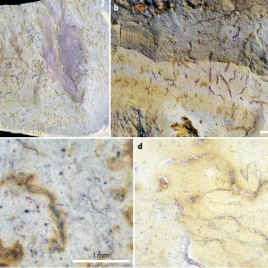New research describes how CRISPR-Cas9 genome editing technique has been used to study the role of the OCT4 gene, thought to be required for pluripotency and reprogramming in human cells, in human embryos. The molecular mechanism of this early developmental period is poorly understood, so a successful technique to study this represents proof of concept that CRISPR-Cas9 genome editing can be used to evaluate gene function in early human development. This research provides a framework for future study to further enhance our understanding of human embryo development, which could eventually lead to improvements in the development and therapeutic use of stem cells and in IVF treatment.
Authors:
Norah M. E. Fogarty, Afshan McCarthy, Kirsten E. Snijders, Benjamin E. Powell, Nada Kubikova, Paul Blakeley, Rebecca Lea, Kay Elder, Sissy E. Wamaitha, Daesik Kim, Valdone Maciulyte, Jens Kleinjung, Jin-Soo Kim, Dagan Wells, Ludovic Vallier, Alessandro Bertero, James M. A. Turner & Kathy K. Niakan
Corresponding author:
Kathy K. Niakan, Human Embryo and Stem Cell Laboratory, The Francis Crick Institute, London, UK, Email: kathy.niakan@crick.ac.uk
Original paper published in Nature on September 22, 2017.
